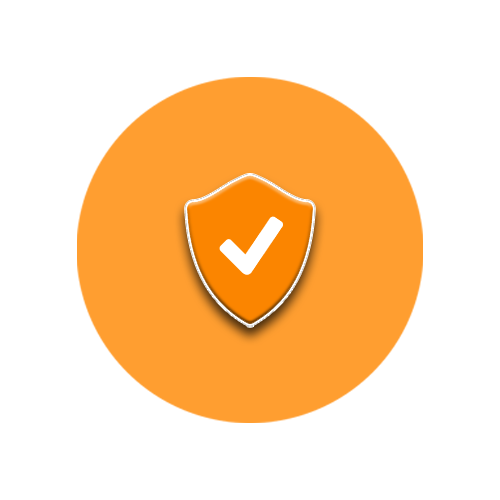What Can Scammers Do with My Phone Number & Bank Account Details?
Scammers are able to impersonate you and others, steal from you, and harass you by using the phone number and bank account information that you provide.
Here is what you should do if your information has been stolen. What kind of damage might someone cause if they got their hands on your financial information and phone number? The specialists at Ez Chargeback recently spoke with a woman who was taken advantage of shortly after her husband passed away.
As soon as her husband passed away, there was a steady stream of visitors at her house, all of whom pretended to be there to lend a helping hand. One of those individuals took advantage of the situation and gained access to the newly widowed woman’s personal information, including her mobile phone number and her bank account number. The con artist made use of her number in a variety of ways, including gaining access to her social security funds, which he then redirected to a new recipient.
According to a recovery specialist working here at Ez Chargeback, “in the world we live in today, it is quite easy for hackers to wreak havoc on your life using your mobile phone number.” If you want to ensure the safety of sensitive information, you should never give out your phone number without giving it some serious consideration beforehand, especially in a public situation.
The following is a list of methods that criminals can use to target you, as well as advice on what to do if a con artist obtains your financial information and phone number.
Latest News & Scam Alerts
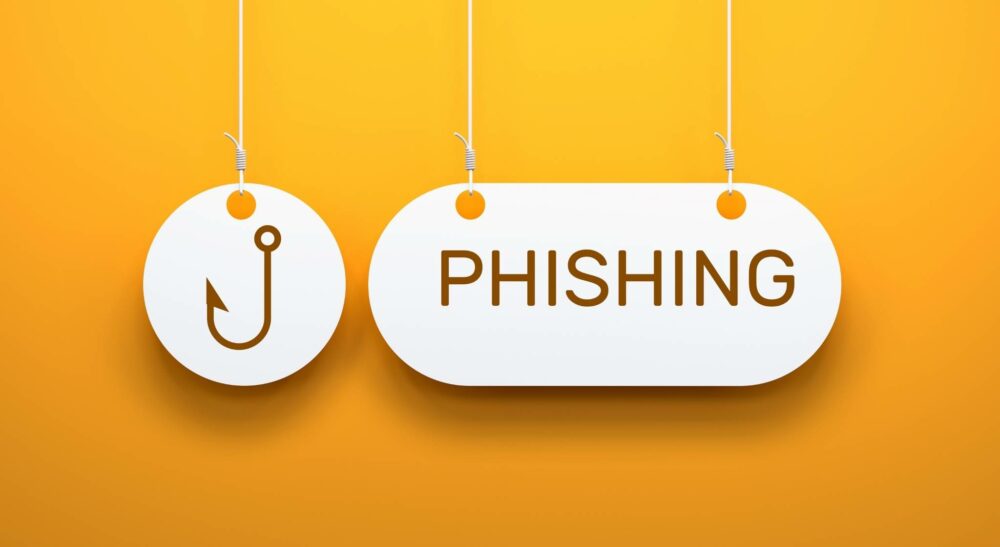
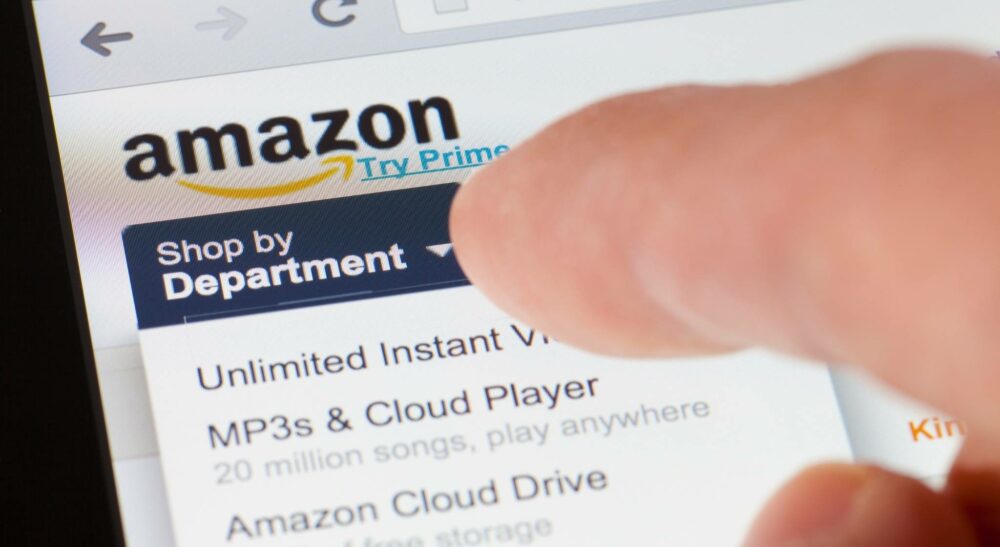
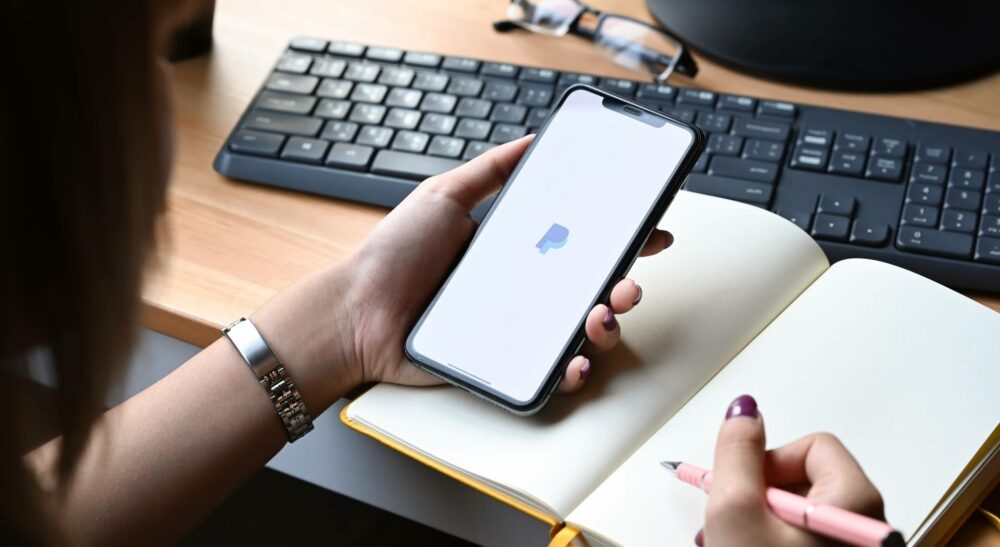
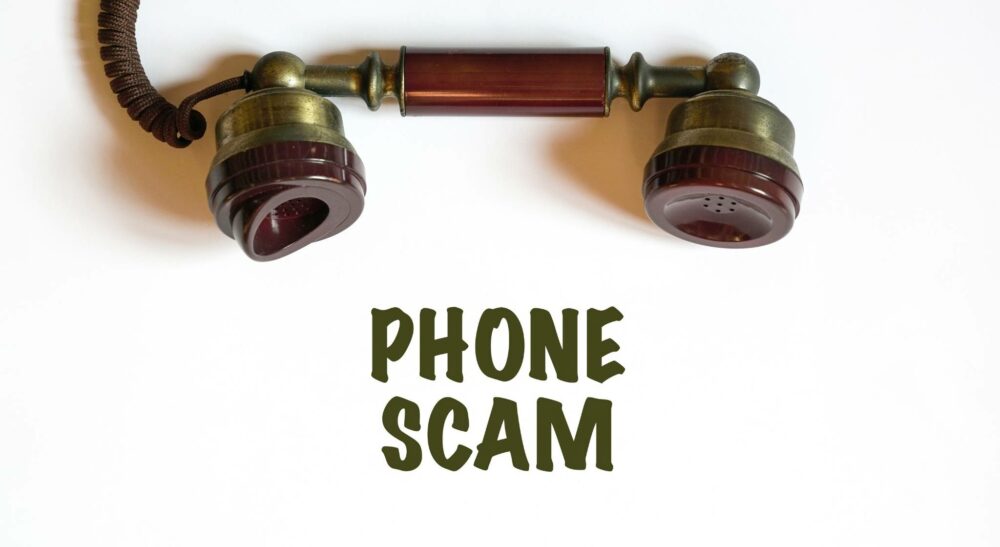
The Latest 411 on Current Day Cell Phone Scam

Smishing: A Whole New Level of Scams & Frauds
Results show that fraudsters are shifting focus from account takeovers to scams where customers are exploited as a week link
KPMG 2019 Report
If you’re someone who wants to protect your financial transactions, then you’re definitely at the right place. We can give you the best practices in identifying red flags as well as help you in recovering your stolen money from scammers!
Table of Contents
What Kind of Fraud Can Someone Commit Using My Phone Number?!
1. Mine your private data
Scammers can make harmful use of your phone number in the simplest possible way by just putting it into a people search site such as WhoEasy, Whitepages, or Fast People Search.
This is the most common method. According to a technology specialist, the websites in question can divulge private information about you in a matter of seconds or less.
People search websites will pay you for your private information and then sell it on to third parties, such as hackers, who are interested in obtaining it. Your home address, any bankruptcies you’ve filed, any criminal histories you may have, as well as the names and addresses of any family members, can all be located via using these websites. All of this information may be used for extortion, stalking, doxing, breaking into social media accounts, or stealing people’s identities.
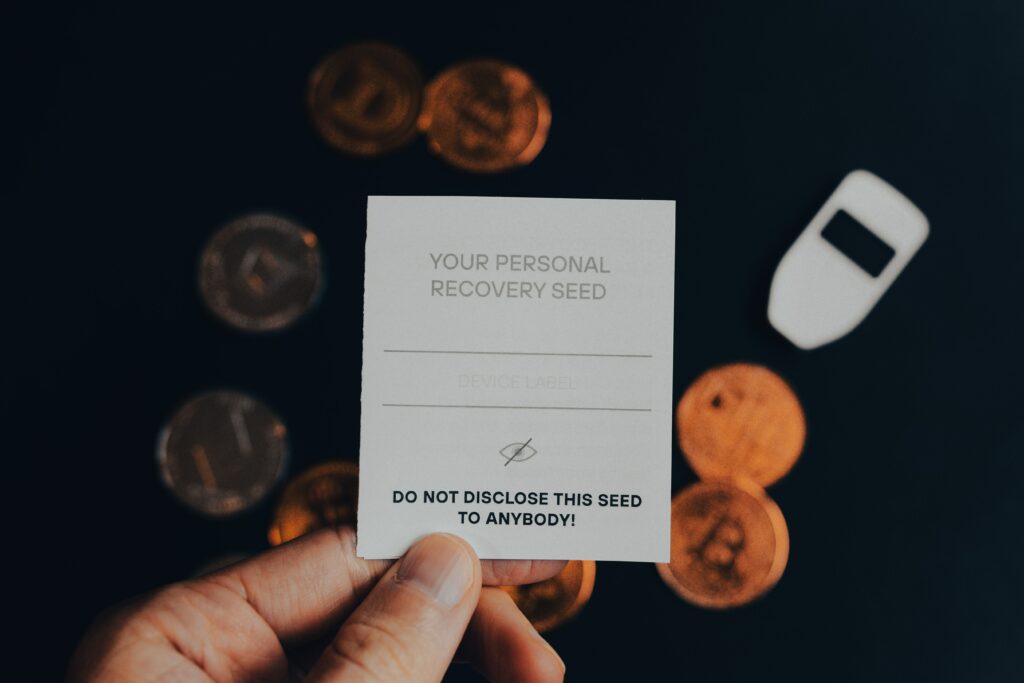
2. Change the way your number rings
Another strategy involves contacting your cell carrier provider while pretending to be you.
After that, the hacker will be able to make it such that your phone number rings on their phone instead. The hacker will then log into your email account using that information. Naturally, they do not know your password; nevertheless, they do not require it in any case. They only have to click the “Forgot password” button, and a link to reset their password will be delivered to their phone. This link will utilise your phone number. When a hacker obtains access to your email account, it is simple for them to break into any of your other accounts.
If someone has your phone number, they may be able to find enough information about you to get past the security questions even though many service providers have some security features to prevent scammers from switching phones. However, these security features only work if the person already has your phone number.
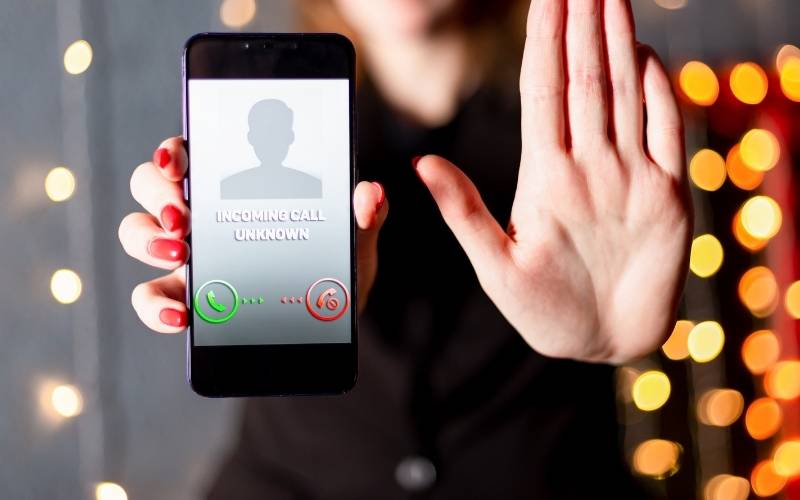
3. Fake your phone number
Are you still curious about what someone could do if they had your phone number? According to data compiled by YouMail, there were approximately 26 billion fraudulent phone calls in 2019, and con artists are becoming more sophisticated.
They are now employing a method known as spoofing, which makes it much simpler for them to con you. The act of spoofing occurs when another person causes your phone number to appear on a caller ID display when it is not actually you who is making the call.
You may have observed that you are receiving phone calls from numbers that have the same area code as your own, or that are the same as numbers that you call frequently. When a con artist is successful in getting you to pick up the phone, they have the opportunity to con you into participating in whatever plan they have devised by employing particular words to make themselves appear authentic or deceiving you into giving them your credit card information.
Sometimes the purpose is to deceive you into answering a few questions so that they may record your responses and then utilise those responses in voice-activated frauds.
A fake phone number may be created with relatively little effort. Swindlers may easily pull off their con by using applications and websites that let them directly dial a number after typing it in. Scammers are drawn to it since it is both very simple and very quick to carry out. (Thank goodness, there are also apps that protect users’ confidentiality and security.)

Do you suspect that someone had scammed you?
If you have any suspicion of a scam or phishing attack, then you can rely on EZChargeback to help you with protection, mitigation, and fund recovery.
You will feel safe knowing that experts with years of experience will be guiding you!

4. Send you a phishing SMS message
Scammers are also able to send harmful text messages to you using your phone number if they have it. The term “smishing” is used to refer to this specific kind of fraud.
Scammers transmit links through these messages that have the potential to infect your phone with malware or steal your personal information. Alternatively, they may attempt to trick you directly by pretending to be your bank, the Internal Revenue Service, or your doctor. Scammers will try to gain your trust by impersonating someone you know and respect in the hopes that you will give them your personal information and credit card numbers.
Before you give away your phone number the next time, you should first find out why retailers ask for it at the checkout.
If you have been scammed by an banking scam then contact us to help you get your money back!
5. Take your identity or deliver malware to your computer
It is simple for hackers to send a message to a consumer in order to gain access and impersonate the individual.
Just as it is easy for a hacker to redirect a cell phone number from one carrier to another, it is also simple for hackers to send a message to a consumer in order to gain access. Hackers will frequently send you a message that appears to be harmless and will urge you to visit a bogus website by clicking on a link in the message. This type of con is known as “phishing.” Despite the website’s apparent legitimacy, it may be recording and transmitting your information to an unauthorized third party.
If you have ever gone to a website you are not acquainted with, clicked on an odd link, or attached an unusual USB device to your device, you have engaged in actions that “expose a consumer up to unwittingly installing malware.” Hackers have the ability to infect your phone with software, use your data against you, and even try to blackmail you.

What Are the Consequences of a Con Artist Acquiring Your Bank Account Number?
You might be wondering what someone with your bank account number and routing number can do with your financial information if they have those pieces of information.
The following is a list of the many kinds of transactions that might be carried out with the two sets of numbers that have been provided.
Transfer your funds utilizing your bank account number along with your routing number
Someone will be able to send money to your bank account if they have your bank account number as well as your bank’s routing number. If the individual possesses both of these pieces of information, they will be in a position to carry out the transaction without any problems.
Receiving money should not be a problem for you if you are participating in a direct deposit plan or if you are anticipating money from another person. However, it is also possible for monies to appear in your bank account that was not expected. In the event that this occurs, it is imperative that you contact your bank in order to investigate the origin of the cash.
If you find that an abnormally large quantity of cash has been deposited into your bank account, one possibility is that you are being set up by another person for illicit actions such as money laundering.
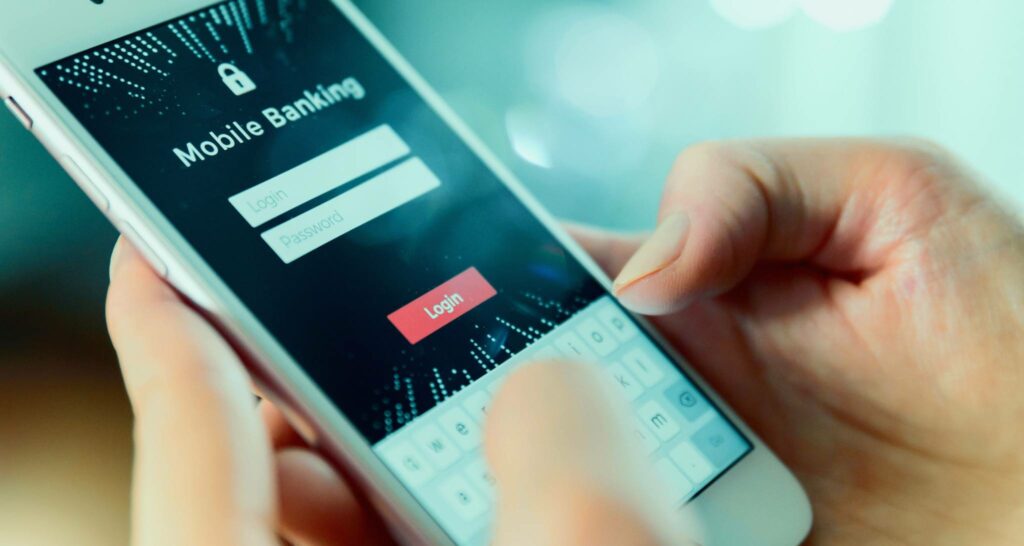
Commit fraud using your own bank account and routing number in an automated clearing house transaction
When you provide your bank account number and routing information, one of the key hazards that you expose yourself to is ACH fraud. These two pieces of information are required in order to set up ACH transfers and payments, as was just covered in the previous section.
If a third party is able to get a hold of your bank account number and routing number, then the third party will be able to use this information to either set up automatic payments for your bills or transfer money out of your bank account.
Fraudsters frequently target business bank accounts; nevertheless, a significant number of individuals have also been taken in by similar frauds. An proprietor of a corporation disclosed in a blog post published in 2018 that his company had been defrauded by fraudulent ACH transactions.
They first became suspicious of the fraudulent activity when an odd payment was made to a credit card that the firm in question did not own. They subsequently came to the conclusion that over the course of a few days, a dozen fraudulent ACH transfers totaling $50,000 had been made.
The proprietor of the firm said that the crooks simply need their bank account number and routing number in order to steal their money. It is hard to conceal these pieces of information since they are printed on the corporate checks that are issued by the company.
Your account number and routing number are already public information, and there is no way to prevent identity thieves from accessing any of these pieces of information. Does this imply that there is no way to safeguard oneself against ACH fraud?
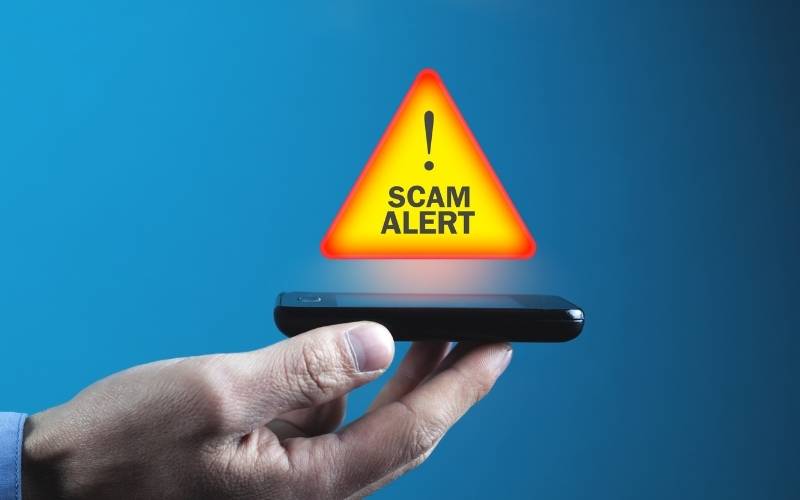
Conceal your identity by using your own bank account and routing number to write fraudulent checks
It is feasible for con artists to purchase bogus checks using your bank information if they have access to your bank account number as well as your routing number if they have stolen this information.
They may either pay for a purchase with one of these phoney checks or cash the check themselves. Both options are available to them.
They also have the ability to use a digital scanner to read the phoney checks and then electronically transfer the money into their bank account.
Keep Your Phone Number & Account Details Safe From Scammers!
There are primarily two pieces of advice that we would like to offer. To begin, in order to protect their personal information when doing financial transactions online, consumers should make it a habit to verify that the websites from which they are buying items are trustworthy and authorised sellers of the goods.
When this occurs, one has the option of using a web-based service that can examine the data and displays whether or not any antivirus applications detect it as harmful. In addition to this, making sure that the computer you use for making online purchases or transferring money is clear of spyware is of equal significance.
Sadly, there are a lot of malicious programmes on the market nowadays that were developed specifically to spy on the user and steal important information from the user. For example, so-called keyloggers have the capability of recording everything that the user enters, including the login information for online banking and the information about the user’s credit card that he could provide while making an online purchase.
Last but not least, you might utilise the function of trusted password manager applications to keep the information associated with your credit card, PayPal account, phone numbers and other details secure. For further information, feel free to reach out to the Ez Chargeback experts, and we will provide you with in depth insights on how to secure your phone number and banking details against dangerous scammers!
do you need help?
A lot of those who contact us have questions and concerns about their personal and business data being compromised. We aim to arm you with the legal and technical know-how in the fight against scams. Also, we will be able to refer you to top scam recovery agencies.
Please fill up the form. Rest assured that our support team will get in touch with you





